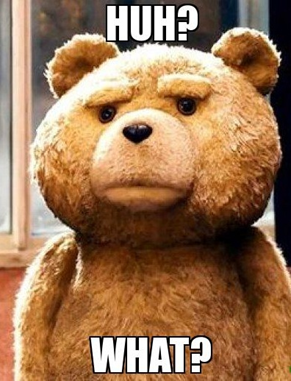My acceptance speech for the Petit Family Foundation Women's Leadership in Science award
First of all, I would like to
thank the Petit Family Foundation and the selection committee for bestowing
this honor upon me. I am sincerely humbled, especially in light of the
accomplishments of my fellow finalists. All of us here are working toward the
same vital goal – to ensure that every young woman has the chance to
reach her full potential in learning, and more importantly doing,
science, technology, engineering, and mathematics.
There is an old saying in
science that the plural of anecdote is not “data.” But people are not data –
they are individuals. In a very real sense mentoring is all about anecdotes. It
is, by its very nature, personal, and accomplished one human connection at a
time. You never know until afterwards when something you say, or something you
do, makes all the difference in the life of a young woman.
That young woman is in your university
freshman science seminar, an English major who loves science but doesn’t have
confidence in her ability to do mathematics. Three years later she is a Geology major with
minors in mathematics and astronomy, and has presented scientific research at
three professional conferences.
That young woman is an African
American high school student whose SAT scores would lead others to recommend
against her admission into the University Honors Program. But you see beyond
the numbers to the person, to her potential, and nurture it. She not only
graduated from the CCSU Honors Program, but now has a Masters Degree in
Mathematics Education from an Ivy League University.
That
woman is in her twenties, someone you meet for the first and only time in a pub
in England, of all places. As you discuss your job with her, she becomes
visibly saddened. She has always loved astrophysics, but was steered toward a
more “practical” accounting career by her advisors. You tell her that it’s
never too late, that she can always take astrophysics classes, just for the
sake of learning, or to eventually complete a degree in her first love. Three
years later, an unexpected email reaches your inbox, saying:
“You won’t remember me, but we met in 2005 in
Birmingham, England. At the time, I was an accountant by profession. Talking to
you in the bar I was reminded that I had always wanted to study Astrophysics,
though the career advisors told me accounting was a more sensible choice. Two
weeks after that conversation, I quit my job and moved to London to do a degree
in Astrophysics. Three years later, I graduated this summer with first class
honors. I just wanted to write to let you know that that brief conversation,
which I’m sure didn’t register on your radar at all, completely changed my
life. Thank you so much.”
Words
matter – encouragement matters. How many other talented young women have fallen
victim to the stereotypes of society, to their own self-doubt, to the voices
around them that tell them that they can’t, or shouldn’t, do math or science.
Let’s raise our voices, loudly, and drown out those naysayers. Let’s extend our
hand and lead these young women into the laboratory, the planetarium, the
engineering testing facility. Let us be the breath that fans the flames of
their own innate curiosity.
A Chinese proverb notes that
women hold up half the dome of the sky. Until women truly represent equal
numbers with men in exploring the cosmos in observatory domes, engineering
fusion reactor domes, searching for oil in salt domes, and making science and
technology policy in the Capitol dome, we must all, men and women alike, work
tirelessly to mentor each and every young woman in this country to understand
that a piece of the sky awaits her – if she just reaches her mind upward.
Thank you.


Comments
Post a Comment